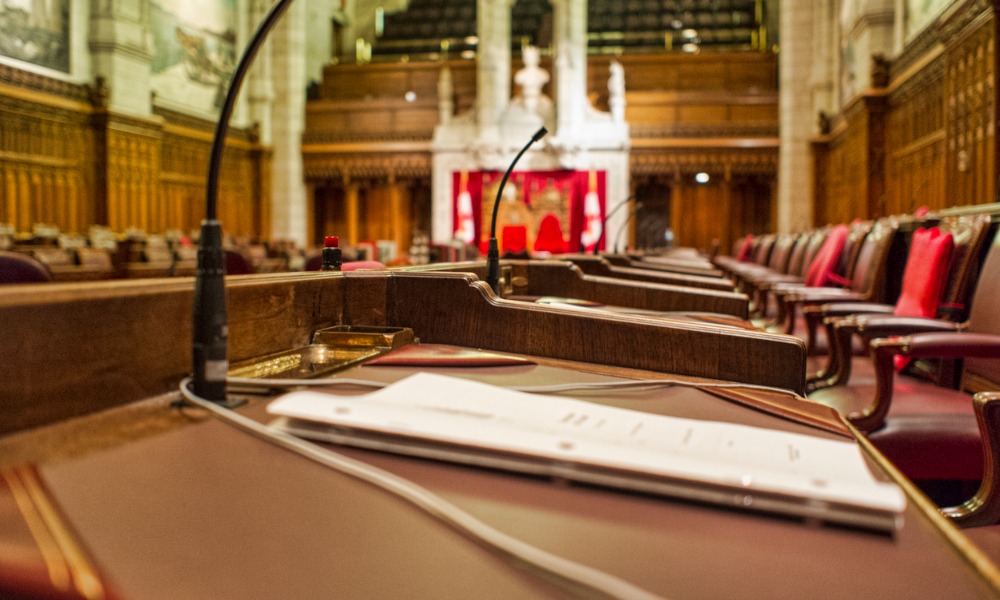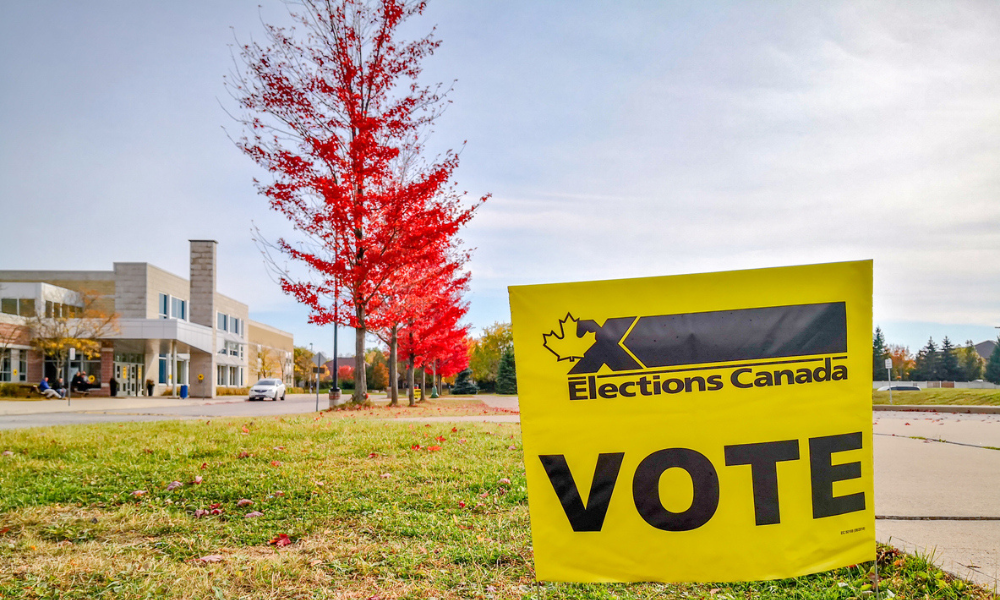With a recent $3-million endowment, the Dalhousie Health Law Institute becomes the largest of its kind in Canada. The funds will also establish the MacBain Chair in Health Law and Policy.
John McCall MacBain, CEO of Trader Classified Media, made the donation as a tribute to his late father Al MacBain, an alumnus of Dalhousie’s law school and a former MP.
The Health Law Institute serves as a multidisciplinary hub for health law and policy. Founded in 1991, it focuses on research and education in health law policy. The institute will include other faculties like medicine, dentistry, and health promotion.
Since the introduction of the LLB (now JD) health law specialization certificate in 1999, 64 students have graduated from the program and 31 students from the LLM program. In conjunction with graduate studies, the institute also offers a joint JD/master’s in health administration program.
About two years ago, students and faculty from the institute worked with Health Canada on how to implement mental health care in small communities for the Republic of Guyana. “We have a direct connection to the public service of health care,” says William Lahey, former director and law professor. “It’s an academic field that’s fascinating.”
Constance MacIntosh, director of the institute and law professor, says: “We see ourselves creating a bigger presence nationally and internationally. We’re hoping with the new position to increase our relationships with Nova Scotia organizations for more research.”
MacIntosh’s research focuses on aboriginal health. “We spend a lot of money on health care but we still have issues,” she says. “We need to improve standards of living for indigenous groups.”
Students in the JD program must complete four courses in health law. Currently 11 students are in the JD program. Besides opportunities for research assistantships, students can participate in a health law placement with the Nova Scotia Department of Health, the Capital District Health Authority, or the IWK Health Centre. “We work with regulators and directly contribute to governments,” says Lahey, former executive director and assistant deputy minister of the Nova Scotia Department of Health. “We have small classes and make sure students have access to faculty.”
Third-year law student Shannon McEvenue came to Dalhousie specifically for the institute. After completing a master’s degree in family studies and gerontology at Mount Saint Vincent University in Halifax, she decided to study health law.
“Health law is so pervasive in our society,” she says. “There’s so much statute that affects us and I wanted to see how that works.”
There are several ways students can get involved in health policy. For instance, the institute hosts a seminar series in health law. The Health Law Students’ Association, in which McEvenue was a co-chairwoman last year, also puts on community events. Last year the group hosted a discussion on mental health law with duty counsel from the Nova Scotia Mental Health Court.
McEvenue hopes to pursue a career in health law advocacy and will be articling at Stewart McKelvey in Halifax. In the meantime, she will act as project co-ordinator for the Dal Wells Program, a pro bono project where law students draft wills for low-income senior citizens. “I’m looking forward to having a practice in health law,” says McEvenue. “I’m excited to help others.”
Julie Sobowale is a third-year law student at Dalhousie University.
John McCall MacBain, CEO of Trader Classified Media, made the donation as a tribute to his late father Al MacBain, an alumnus of Dalhousie’s law school and a former MP.
The Health Law Institute serves as a multidisciplinary hub for health law and policy. Founded in 1991, it focuses on research and education in health law policy. The institute will include other faculties like medicine, dentistry, and health promotion.
Since the introduction of the LLB (now JD) health law specialization certificate in 1999, 64 students have graduated from the program and 31 students from the LLM program. In conjunction with graduate studies, the institute also offers a joint JD/master’s in health administration program.
About two years ago, students and faculty from the institute worked with Health Canada on how to implement mental health care in small communities for the Republic of Guyana. “We have a direct connection to the public service of health care,” says William Lahey, former director and law professor. “It’s an academic field that’s fascinating.”
Constance MacIntosh, director of the institute and law professor, says: “We see ourselves creating a bigger presence nationally and internationally. We’re hoping with the new position to increase our relationships with Nova Scotia organizations for more research.”
MacIntosh’s research focuses on aboriginal health. “We spend a lot of money on health care but we still have issues,” she says. “We need to improve standards of living for indigenous groups.”
Students in the JD program must complete four courses in health law. Currently 11 students are in the JD program. Besides opportunities for research assistantships, students can participate in a health law placement with the Nova Scotia Department of Health, the Capital District Health Authority, or the IWK Health Centre. “We work with regulators and directly contribute to governments,” says Lahey, former executive director and assistant deputy minister of the Nova Scotia Department of Health. “We have small classes and make sure students have access to faculty.”
Third-year law student Shannon McEvenue came to Dalhousie specifically for the institute. After completing a master’s degree in family studies and gerontology at Mount Saint Vincent University in Halifax, she decided to study health law.
“Health law is so pervasive in our society,” she says. “There’s so much statute that affects us and I wanted to see how that works.”
There are several ways students can get involved in health policy. For instance, the institute hosts a seminar series in health law. The Health Law Students’ Association, in which McEvenue was a co-chairwoman last year, also puts on community events. Last year the group hosted a discussion on mental health law with duty counsel from the Nova Scotia Mental Health Court.
McEvenue hopes to pursue a career in health law advocacy and will be articling at Stewart McKelvey in Halifax. In the meantime, she will act as project co-ordinator for the Dal Wells Program, a pro bono project where law students draft wills for low-income senior citizens. “I’m looking forward to having a practice in health law,” says McEvenue. “I’m excited to help others.”
Julie Sobowale is a third-year law student at Dalhousie University.







